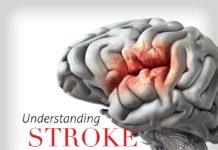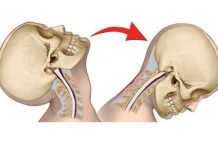More Evidence of Educational Inadequacies in Musculoskeletal Medicine
Gregory A Schmale, MD
Children’s Hospital and Regional Medical Center,
University of Washington,
Seattle, 98105, USA.
gschmale@u.washington.edu
In their study, Freedman and Bernstein suggested that 80% of a group of graduates from many of the best medical schools in the United States were deficient in their knowledge of basic facts and concepts in musculoskeletal medicine. How do these results compare with results from students attending a medical school with a long-standing dedicated program to musculoskeletal education? Does additional clinical experience in musculoskeletal medicine improve understanding of the basic facts and concepts introduced in a second-year course? A modified version of an exam used to assess the competency of incoming interns at the University of Pennsylvania was used to assess the competency of medical students during various stages of their training at the University of Washington. Despite generally improved levels of competency with each year at medical school, less than 50% of fourth-year students showed competency. Students who completed a musculoskeletal clinical elective scored higher and were more competent (78%) than students who did not take an elective. These results suggested that the curricular approach toward teaching musculoskeletal medicine at this medical school was insufficient and that competency increased when learning was reinforced during the clinical years.







